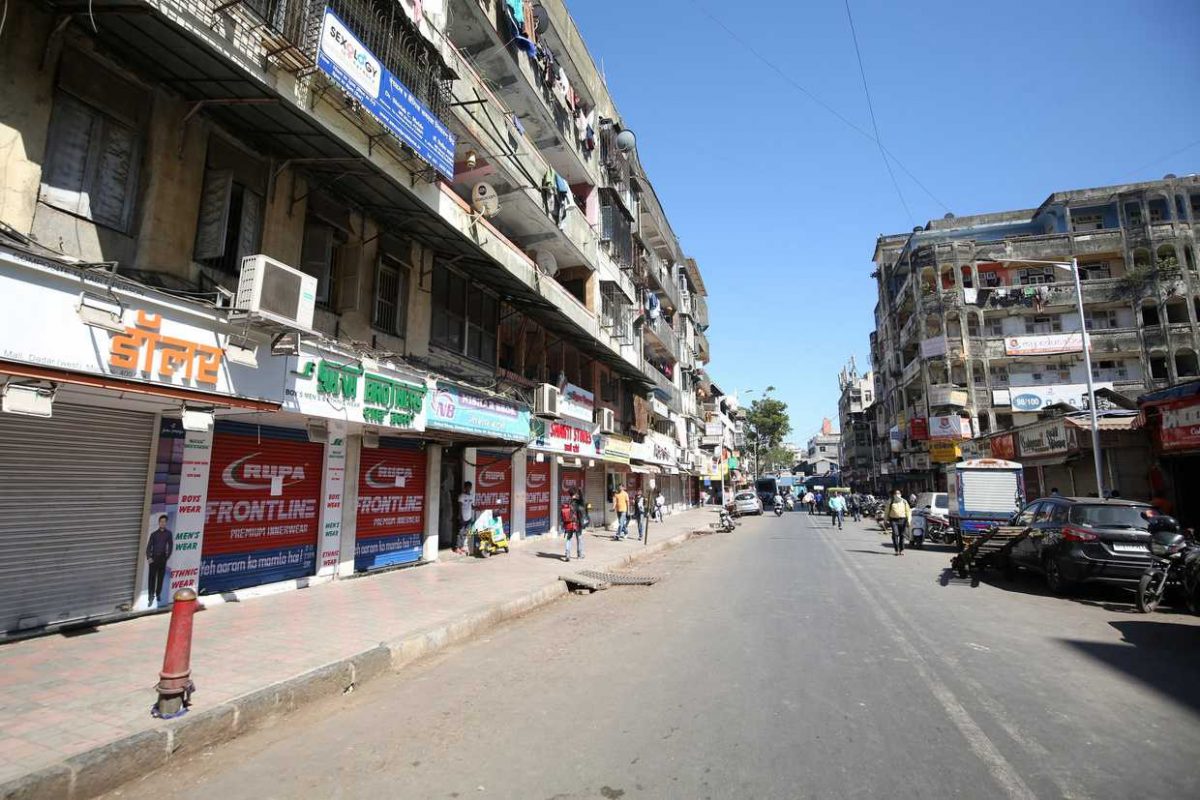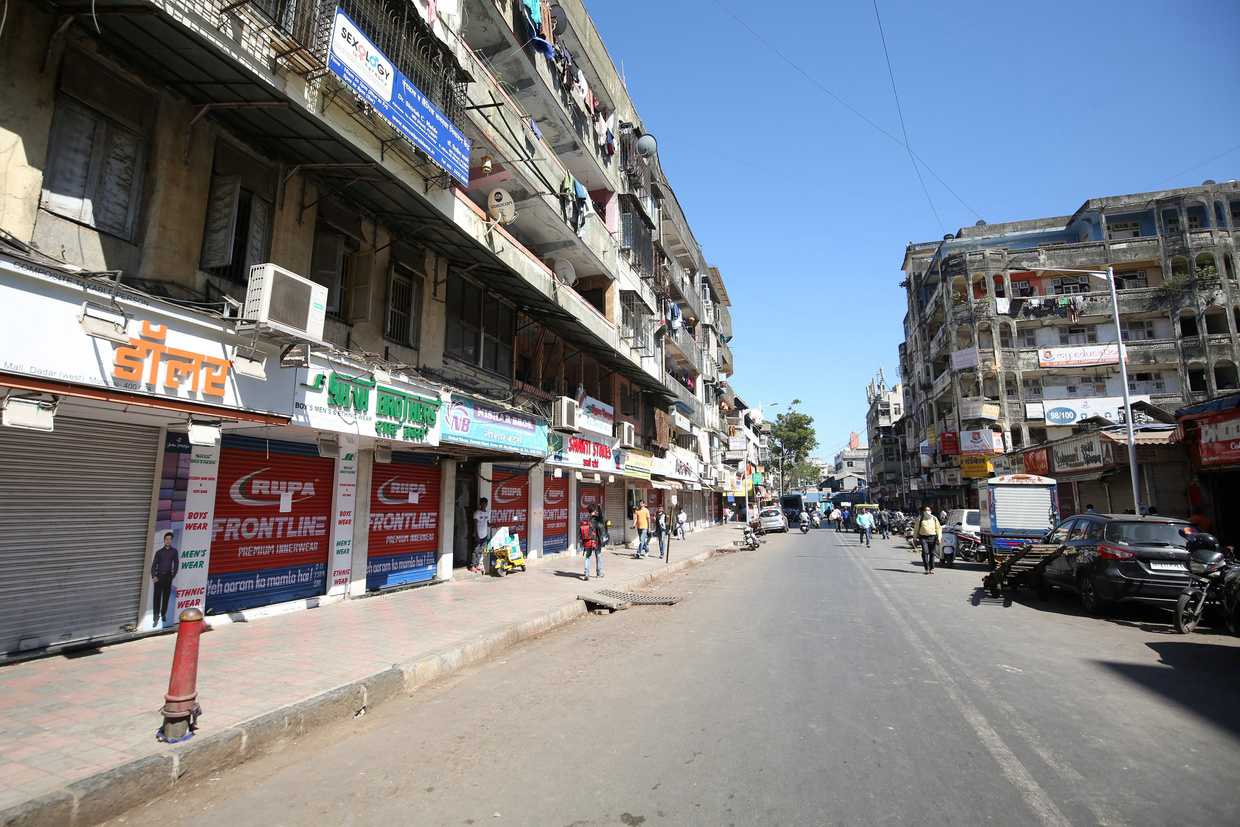The four men convicted for the grisly 2012 gang rape and murder of a young student in India have been executed by hanging, finally bringing the seven-year ‘Nirbhaya’ case to an end after a lengthy ordeal of appeals and delays.
The assailants were hanged at New Delhi’s Tihar Jail 5:30am local time on Friday, following marathon legal proceedings the night prior which saw last-ditch attempts to appeal their sentence shot down.
“Now I will get peace,” said Asha Devi, the mother of the victim who has come to be known as ‘Nirbhaya’ or ‘the fearless one’ in Hindi. She was speaking to PTI after the men’s final hanging date was set in stone early on Friday morning.
The ghastly crime saw a group of attackers descend upon a 23-year-old student and her male companion on a bus in India’s capital on the evening of December 16, 2012, savagely beating both and taking turns raping the young student. Though the woman lived through the initial onslaught, she later died of severe internal injuries, while her friend was critically injured but survived the encounter.
Justice delayed
Six men were arrested for the horrific assault, but one of them – a juvenile at the time of the incident – was tried as a minor and released in 2015 after a three-year sentence. An adult suspect, Ram Singh, was found dead in his jail cell in March 2013, a suspected suicide, but police never ruled out murder.
The remaining four men – Vinay Sharma, Mukesh Kumar Singh, Pawan Gupta and Akshay Singh – were convicted of rape, murder, unnatural offenses and destruction of evidence in 2013, with all sentenced to execution by hanging within days of the verdict.
So began a years-long process of delays, which saw each convict exhaust a seemingly endless series of appeals that repeatedly pushed back their date of execution. At various points throughout the ordeal, the courts accused the men of “delaying tactics,” but nonetheless recognized their right to appeal.
A Delhi high court upheld the death sentence in 2014, prompting the men to bring the case to India’s Supreme Court, the country’s highest judicial body. After years of stop-start proceedings, the court struck down their final remaining appeal last December – some seven years after the attack.

